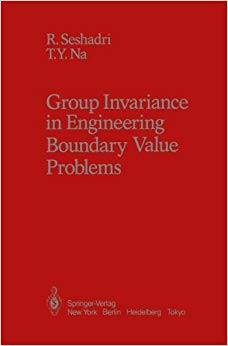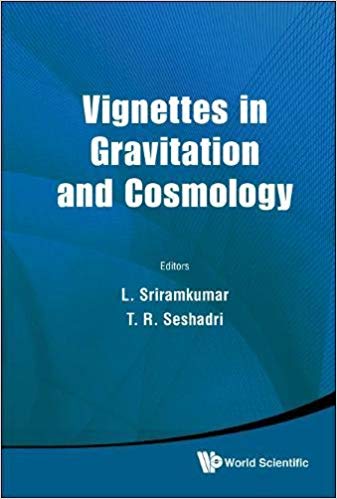Seshadri was an Indian chemist, academic, writer and the Head of the Department of Chemistry at the University of Delhi, known for his researches on the Indian medicinal and other plants. He was a Fellow of the Royal Society, UK and an elected member of the German Academy of Sciences Leopoldina. The Government of India awarded him the third highest civilian honour of the Padma Bhushan, in 1963, for his contributions to Science.
Background
Seshadri was born on 3 February 1900 at Kulithalai, an ancient village, in the present-day Karur district of the south Indian state of Tamil Nadu, in a Brahmin family, to Namagiri Ammal and Thiruvengadatha Iyengar, a school teacher, as the third of their five sons.
Education
After his primary schooling at the local school in his village, he did his high school studies at the temple town of Srirangam as well as at the National College Higher Secondary School, Tiruchirappalli and joined Presidency College, Madras in 1917 for his graduate studies which was completed in 1920 with financial assistance from the Ramakrishna Mission.
In 1927 he did his doctoral research under the guidance of British chemist and Nobel Laureate, Robert Robinson at University of Manchester to secure a Doctor of Philosophy in 1929. His researches at Manchester were focused on the development of anti-malarial drugs and synthesis of compounds.
Before returning to India in 1930, he had short training stints in Austria on organic microanalysis with Fritz Pregl, a Nobel laureate, and in Edinburgh on alkaloid Retrorsine with George Barger, a Royal Society fellow.
Career
After the Indian independence, Maurice Gwyer, the then vice chancellor of the University of Delh, invited Seshadri to join the Delhi University as the Head of the Department of Chemistry in 1949. He served as Provost of the Jubilee Hall, University of Delhi from 1952 to 1956. He continued his researches for seven more years, till 1972, when ill health forced an end to his active career.
He mentored 160 students in their doctoral studies and, on his retirement, donated all the books in his personal library to the Chemistry department of the Delhi University.
His researches and work experiences have been documented by way of over 1000 articles and two books, Chemistry of Vitamins and Hormones and Advancement of Scientific and Religious Culture in India.
Views
Quotations:
"Money and materials alone do not secure good research, they are only adjuncts and it is the human element behind them that matters."
Membership
Seshadri, who was a member of the scientific advisory committee to the Government of India and UNESCO, served as an expert advisor to several government agencies such as the Council of Scientific and Industrial Research, Indian Council of Medical Research, Indian Council of Agricultural Research and Department of Atomic Energy and chaired many expert committees related to education, health and science.
He was the president of the Indian National Science Academy (INSA) (1967-1968) and the Indian Academy of Sciences (IAS) and was a member of the editorial boards of the Indian Journal of Chemistry and two international journals, Tetrahedron and Phytochemistry.
He also served as the president of organizations such as the Indian Chemical Society, Indian Pharmaceutical Association, Oil Technology Association, the North India chapter of the Royal Institute of Chemistry, London, Indian Pharmaceutical Congress and Indian Science Congress Association (1966–1967).







